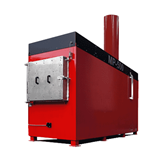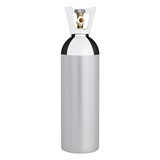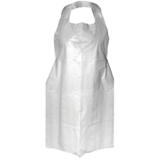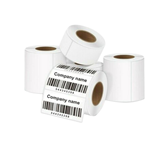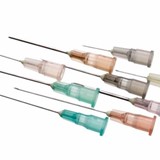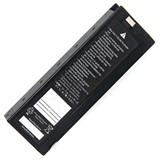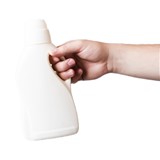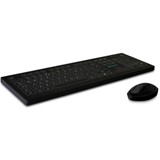According to the World Health Organisation, about 80% of this waste is general and the remaining 20% requires special handling for its disposal due to safety reasons, such as toxicity, radioactivity or infection.
Hazardous waste has the potential to harm patients, healthcare workers and the general public if not dealt with adequately. Additionally, inappropriate disposal may lead to the proliferation of drug-resistant microorganisms in the surrounding environment.
It is essential that steps are taken to ensure the safe handling of hazardous waste and prevent related complications.
Sharps Waste
Sharps waste includes any device with acute corners or edges that may cut skin, including syringes, needles, disposable scalpels and blades.
In Australia, it is a requirement for medical practices to have a separate disposal bin for sharps waste, to decrease the risk that these materials will cause harm to individuals. The sharps bin can be disposed of at a disposal point in the local area, which is dealt with separately to general waste.
Toxic Waste
Some pharmacological agents used in your medical practice may be toxic to the public, such as the cytotoxic medication used in the treatment of cancer. This also includes iodine, lead, isopropyl alcohol and corrosive cleaners.
Toxic waste should be stored in a sealed container and clearly labeled as hazardous to prevent the accidental opening of the container, and then be sent to a registered hazardous waste hauler.
Biomedical Waste
Biomedical waste refers to culture, blood or other bodily fluids and any other equipment or waste that may contain traces of biomedical waste.
As with other types of hazardous waste, biomedical waste should be stored separately to general waste. A separate biohazardous bin that is clearly labeled should be used, and disposed of via a registered biomedical waste hauler.
Radioactive Waste
Radioactive waste, such as contaminated glassware with traces of radioactive materials, require special attention in the way they are disposed of.
The items should be isolated to prevent exposure to patients and healthcare workers, which can be done on-site at hospitals with specialised storage containers or at a registered radioactive waste disposal area.
Infectious Waste
Infectious waste includes any material that may be contaminated with infectious agents, such as blood cultures, swabs, bandages and disposable medical devices. In particular, this waste may increase the risk of drug-resistant bacteria.
Infectious waste should be disposed with biomedical waste in separate bins to be taken to a registered disposal area.


